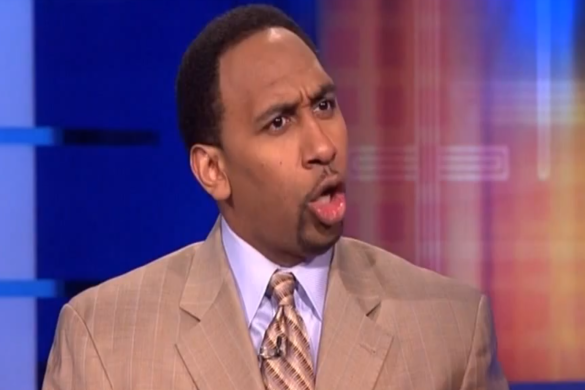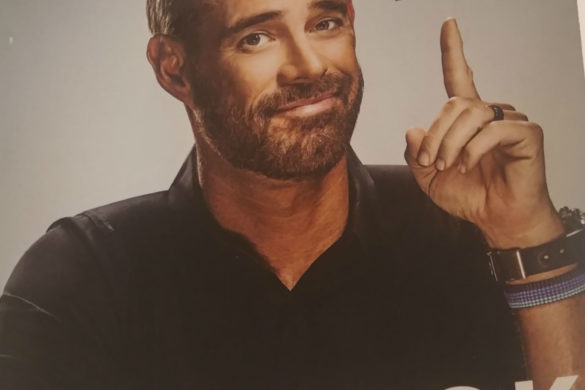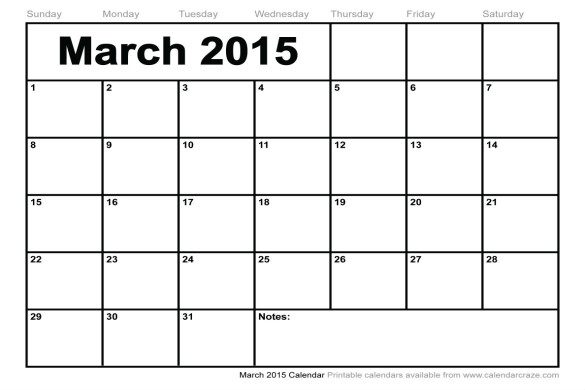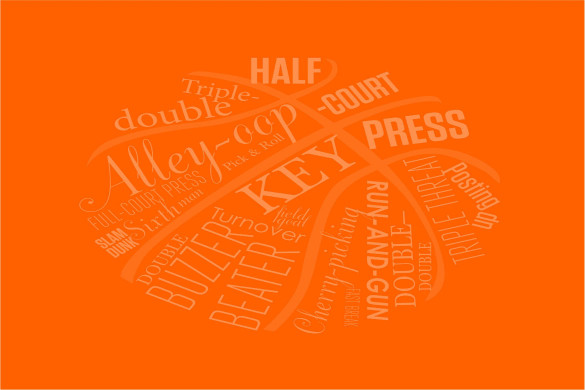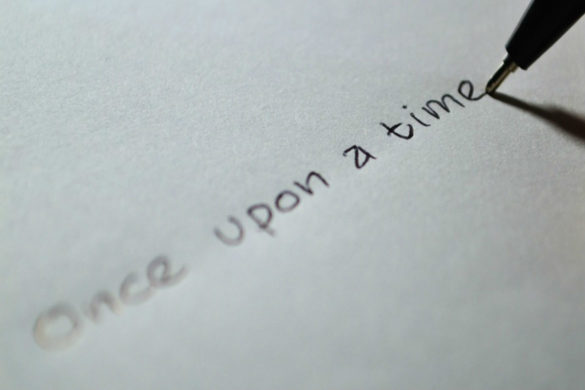In sportscasting, and life in general, there are always crossroads moments where you have to make a decision that will change the trajectory of your career. Making the right decision in these moments can be the difference between continuing with the status quo or achieving whatever your career and life goals may be. But how the heck do you know what the right decision is?
It happens all the time! Before making the decision to leave my sales job and pursue my new position helping a local high school build a streaming platform, I agonized over this question. As I often do when I’m not sure what to do, I arranged a call with Jon Chelesnik from STAA. We went over the pros and cons on both sides, he gave me a few things to think about, and eventually I moved forward. During the discussion he suggested reading the book “Thinking In Bets” by World Series of Poker champion Annie Duke. It dives deep into how principles from poker can be used to guide and judge decision-making in life. It was an excellent read, and I highly recommend it. Here are a few of my biggest takeaways and how I’ve applied them to my personal situation.
Don’t Play The Result: Often in poker, you can have a hand with the best odds to win, read the table correctly, place the right bets at the right time, and still lose the hand. On the flipside, you can have the worst hand at the table, do everything wrong at every point, and catch a lucky card to win anyway. When something bad happens, it doesn’t necessarily mean you made the wrong choice. Sometimes you just get unlucky. The same thing goes for taking credit when you succeed. You have to weigh all the options, both good and bad, prepare to put yourself in position for the best case scenario, but be ready to accept a negative outcome.
Incomplete Information: The biggest reason decisions are hard is because we always have incomplete information. In poker you don’t know what cards the other players have, what community cards will show up, or when someone will do something stupid to sway the odds in one direction or the other. When I took my last job in Faribault, Minnesota I knew that they had a big signal, a strong on-air staff, and an optimistic manager. I didn’t know that they would have a very rigid and corporate culture, that account and sales territories were distributed in a very unconventional manner, or that the manager who hired me would leave a few months later for a better opportunity. It ended up being a bad fit for both sides, but that doesn’t mean that the decision I made was wrong. At that time, I had been working in a retail store, struggling financially, and I was previously successful in three other small market sales positions. Knowing what I knew at the time, I believe I made the right decision at the time, but that doesn’t guarantee good results.
Mental Time Travel: The last part of the book focused on analyzing past successes and failures to help fill in the blanks left by incomplete information. Using past experience to make future decisions is far from a novel concept. The key, according to the book, is to look back on the past without bias. Were past results based on the steps you took? Or did you get lucky or unlucky? Really being honest in your evaluation of why things happened the way they did is the best way to chart a course for a productive future.


